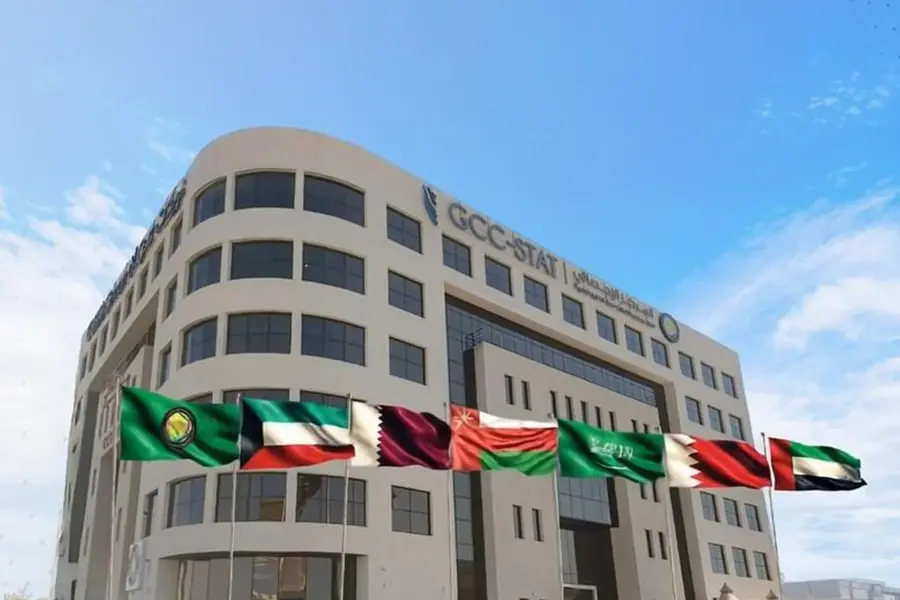By Staff Reporter
The Gulf Cooperation Council (GCC) countries saw their gross national income dip in 2023, even as the non-oil sector emerged as a stronger driver of growth, according to new data from the GCC-Stat.
Figures showed gross national income at current prices reached US$2.143 trillion, down 2.7% from US$2.202 trillion in 2022. Disposable national income also slipped by 3%, falling to US$1.989 trillion.
Despite this, the non-oil sector demonstrated resilience. Its value added climbed to about US$1.513 trillion, accounting for 71.5% of the GCC’s GDP by the end of 2023, compared with 65% a year earlier. The sector posted an annual growth rate of 6.4%, while the oil sector contributed US$603.5 billion.
Financial and insurance activities led the pace of expansion with growth of 11.7%, followed closely by transportation and storage at 11.6%, and real estate at 8.1%. Public administration and defense grew 7.9%, while wholesale and retail trade rose 7.6%. Education also recorded steady gains at 5.5%. In contrast, mining and quarrying fell 18.8% and manufacturing slipped 0.7%.
On the expenditure side, exports of goods and services stood at US$1.258 trillion, representing 59.5% of GDP, but marked a 7.1% decline. Final consumption expenditure rose 7.5% to US$1.245 trillion, while total capital formation reached US$601.8 billion, growing 5.5%.
The data highlight a shifting economic balance in the GCC, with non-oil industries increasingly shaping growth despite pressure from global energy markets.
News Source: Emirates News Agency


